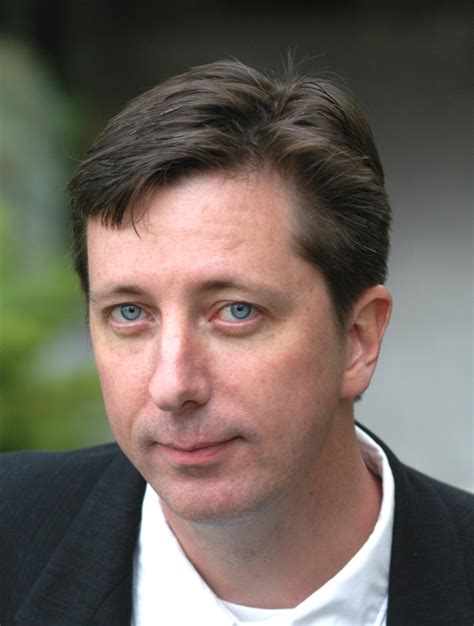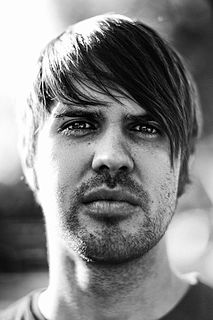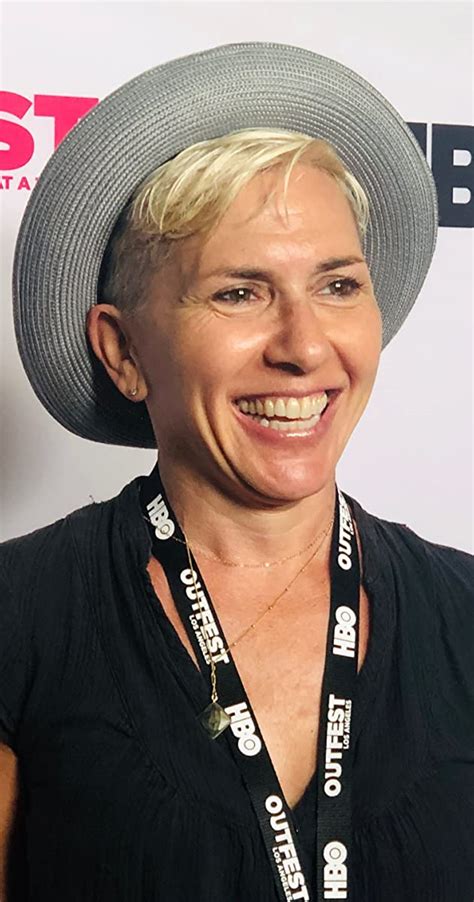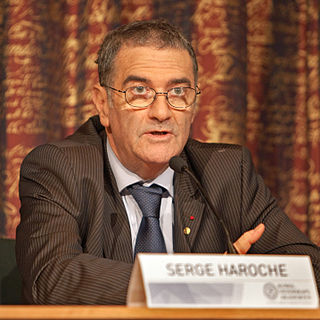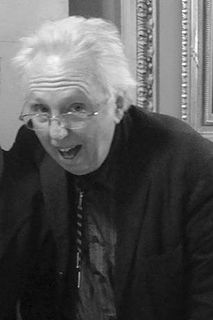A Quote by Hal Hartley
This notion of changing technology interests me. I work on a computer now, and it's not been easy to adjust. I still prefer to have my hands on film when I'm editing.
Related Quotes
[ Digital revolution ] only has allowed me to work faster, editing digitally, which I'm doing right now, a film on volcanoes. I can edit almost as fast as I'm thinking, editing with celluloid means always searching for this little reel of film, and number it, and scribble on it with some sort of pens, and gluing it together, and working on a flatbed. It's much, much slower.
The dreams of the past - whether it was public TV being rolled into the classroom to teach Spanish, or the film projectors or the videotapes or the computer-aided instruction drill systems - the hopes have been dashed in terms of technology having some big impact. The foundation, I think can play a unique role there. Now, our money is more to the teacher-effectiveness thing, and technology is No. 2, but I'll probably spend more money on the technology things.
I was shocked when I looked at art schools in France. There's only one left that does anatomy. Now they do video. They do editing. I would go to film school if I wanted to do video and editing. In art school, it's only new mediums. It's three-dimensional or computer. I found that shocking. No nudes.
Computers are still technology because we are still wrestling with it: it's still being invented; we're still trying to work out how it works. There's a world of game interaction to come that you or I wouldn't recognise. It's time for the machines to disappear. The computer's got to disappear into all of the things we use.
